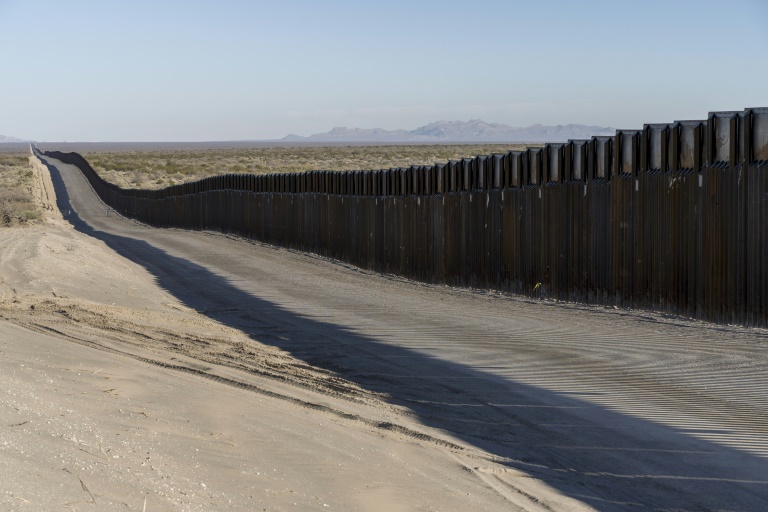
When Leslye Evans-Lane left her teaching job in New Mexico at the age of 58 to move to Oregon with her husband, she never imagined that it would be difficult to find work.
But it took two years and more than 100 applications before she landed a part-time academic job. Six months later, when the job became full-time, she was replaced by someone younger.
"I applied for the full-time position and didn't even get an interview," said Evans-Lane, who is convinced that despite her years of experience age was an obstacle in getting hired and in losing her job.
The US Equal Employment Opportunity Commission received 20,588 charges of age discrimination in 2014, a rise from 17,837 a decade earlier. Although the number dropped from a peak of 24,582 in 2008, legal and employment experts said it is a common phenomenon that will increase with millennials eager to enter the workforce and baby boomers reluctant to leave it.
"It is going to get worse because the older generation doesn't have the money to retire and then live 20 more years," said Brian Schaffer, a New York employment lawyer. "Companies are trying to cut costs and one of the ways to do try it is to eliminate older workers and hire much younger people."
Stereotypes, inherent conflict
Michael Campion, a professor of management at Purdue University in Indiana, said the sheer number of baby boomers is an issue.
"The baby boomers were an oversized generation, so there are more of us. More older people want to work later in life," he explained.
Although the Age Discrimination Employment Act of 1967 prohibits discrimination against people 40 and older, a 2013 survey of 1,502 adults by non-profit advocacy group AARP showed that two-thirds of workers between the ages of 45 to 74 said they have seen or experienced ageism.
Stereotypes and perceptions that older workers are not savvy about technology, cost more or are not as productive are fueling age discrimination.
"There is a presumption that job performance decreases with age despite all the research showing it doesn't," said Campion.
Many boomers whose jobs have good benefits have seen changes in pension plans from defined benefit to defined contribution and declines in retiree health benefits that have spurred them to work longer.
Laurie McCann, senior attorney at AARP Foundation Litigation, said many people aren't even aware they have rights that protect them from age discrimination.
"The economy is the bellwether of how much age discrimination we see," she said, adding it is a "significant problem."
AARP is fighting cases involving both ageism in hiring and firing. Despite efforts to combat age-related stereotypes, McCann said assumptions people hold seem to be intractable in the United States.
"It could be that ageism versus other forms of discrimination is not taken as seriously or viewed as wrong as other types of discrimination, so we don't attack it with the same intensity," she said.
The problem can be more acute in some industries which place a value on youth such as technology, fashion and advertising, according to McCann.
She credits older Hollywood actresses speaking about the difficulty finding roles for raising awareness about the problem, but said more needs to be done.
"Until we really, really say we are going to take it as seriously as gender, religion and race discrimination in the country, I don't see it going away anytime soon," she said.
Schaffer added that workers need to report ageism.
"If people come forward when this happens I think that is the only way to stop it," he said.




